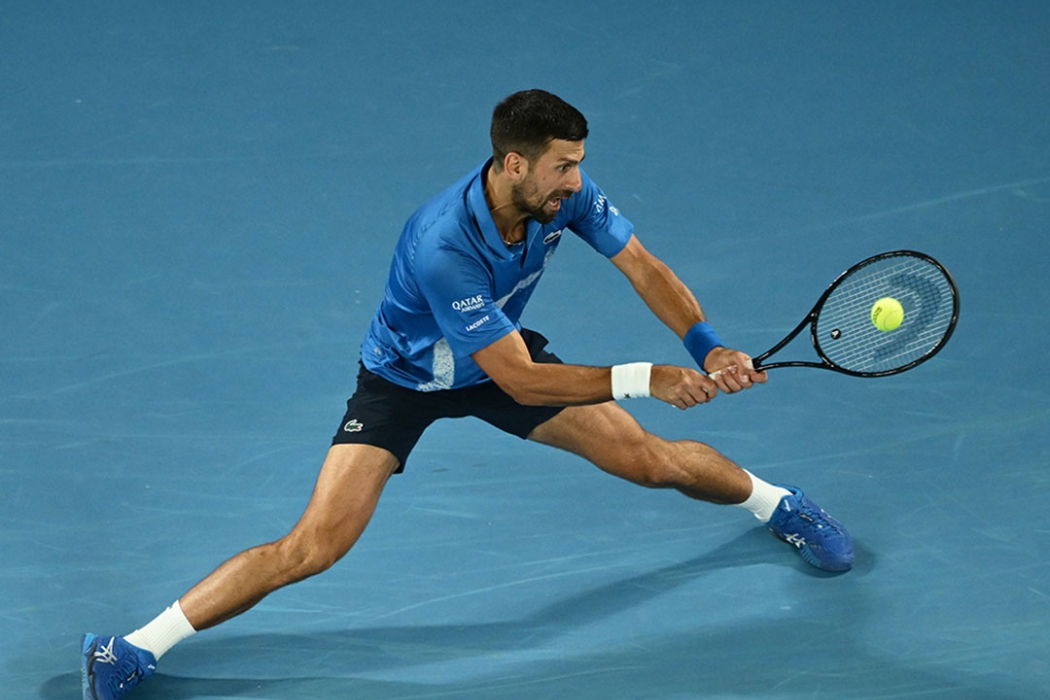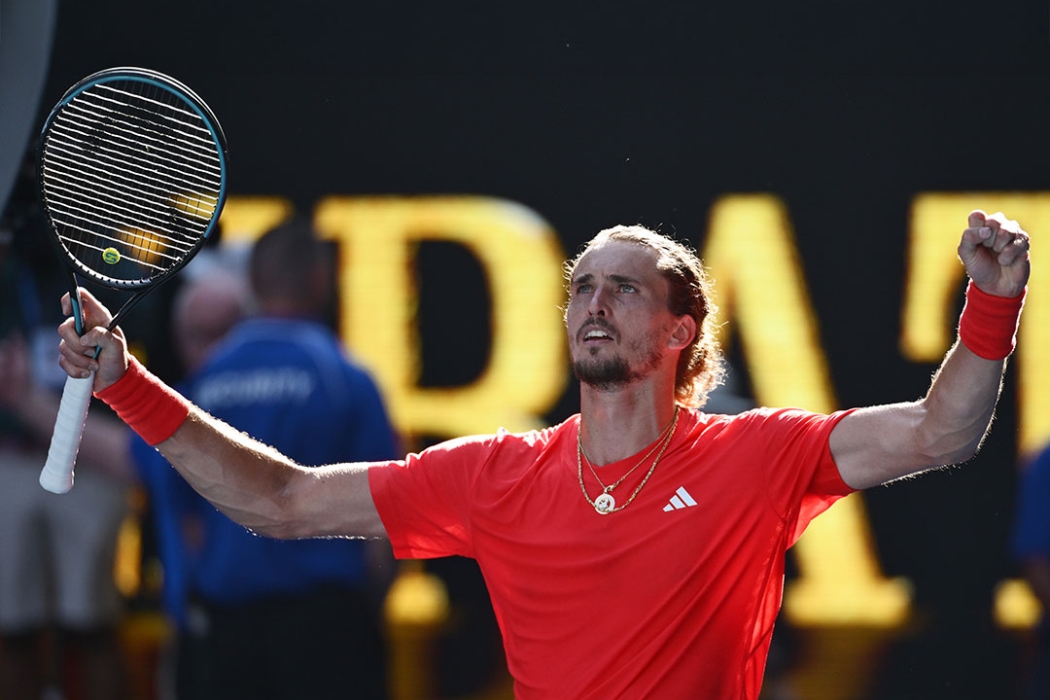Sympathising with Novak Djokovic’s pain and mistaking it for vulnerability has left Carlos Alcaraz rueing a chance to complete his Grand Slam set at the Australian Open.
The Spanish ace appeared uncharacteristically nervous as he led Djokovic down the Walk of Champions to Rod Laver Arena in a quarterfinal clash that fans billed as the unofficial decider – and which Djokovic himself said he wished was.
It was a face of the new guard against the last standing of the old establishment, or “the house”, as Jim Courier put it, and Alcaraz in his first night match of the tournament did not appear as relaxed, energetic and open to involving the crowd as previously.
Asked by ausopen.com earlier in the week if Djokovic’s experience as a 24-time Grand Slam champion would trump his youthful game, the 21-year-old countered that he was also experienced, as a four-time major champion himself with two wins over Djokovic in Wimbledon finals.
The win-predictor put Djokovic just ahead of the world No.3, who rebounded from a slow start to claim the first set, during which Djokovic sustained an injury.
Playing through pain and visibly wincing before painkillers increasingly took effect, the 37-year-old eventually took control and won 4-6 6-4 6-3 6-4.
Alcaraz was left to ponder what might have been if he had been more ruthless in that second set.
“Well, honestly, I felt like I was controlling the match, and I let him get into the match again. I'm going to say that was the biggest mistake that I made,” Alcaraz said.
“When you see someone that is struggling physically, it's kind of you not playing the same level. It seems like, okay, it's going to be easier. At the same time in your mind you're thinking, like, ‘Okay, I have not to make mistakes.’ Probably you're not hitting the ball the same way that you're hitting before. I think that's it.
“In the second set I had to play a little bit better just to push him even more to the limit… he had issues just moving a little bit in the second set. I had to push him a little bit more just to the limit, and I didn't. I didn't do it.
“After that, I think he started to feel better and playing such a great level.
“I had my chances. It was a really close match. I think most of the crucial points, it went to his side. I mean, when Novak is playing at this level it's really difficult to find the way.”
Alcaraz said the match wasn’t comparable to their gold medal final at the Olympics, which his Serbian rival claimed in Paris last year.
He took confidence from Djokovic’s praise and left Melbourne Park with his head held high – and with a valuable lesson to take into his next major.
“From these matches, I'm getting so much experience about how to deal with everything. I'm not going to hide. I've done great things in tennis already but playing against one of the best in history of our sport, these kind of matches help me a lot in the future to be better,” he said.
“Something that I learn playing the Grand Slam is I have to save energy. There have been some moments, some matches that I didn't save energy, pumping myself, playing with the crowd, screaming 'Vamos' every time I'm 100 per cent.
“At the end, in the third and the fourth set, probably I struggled physically because of that… especially [in] these kind of matches, which is really physically demanding.
AO RADIO: The ultimately companion at Australian Open 2025
“I think I did great, but probably I could do it a little bit more in specific moments. In general, I'm going to say that in Grand Slam I prefer to be, like, calmer.”
Experience trumped youth in the second men’s singles quarterfinal, but whether the adage that the house always wins rings true at AO 2025 remains to be seen.
No man in the Open Era has defeated the top three seeds en route to a Slam title and that is the challenge facing Djokovic in his hunt for a career 11th Australian Open title.

